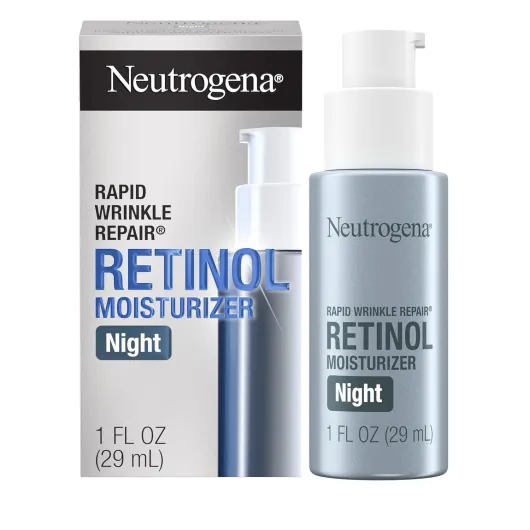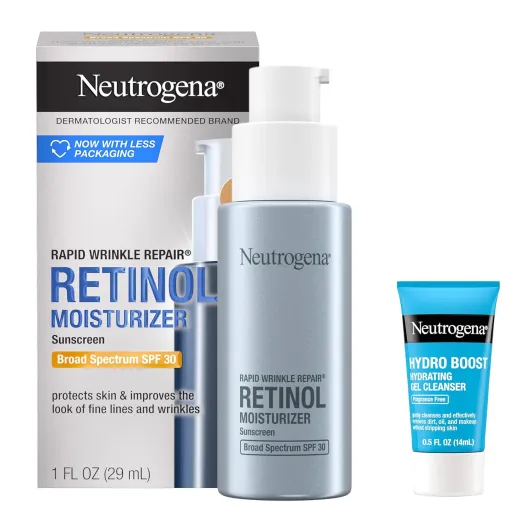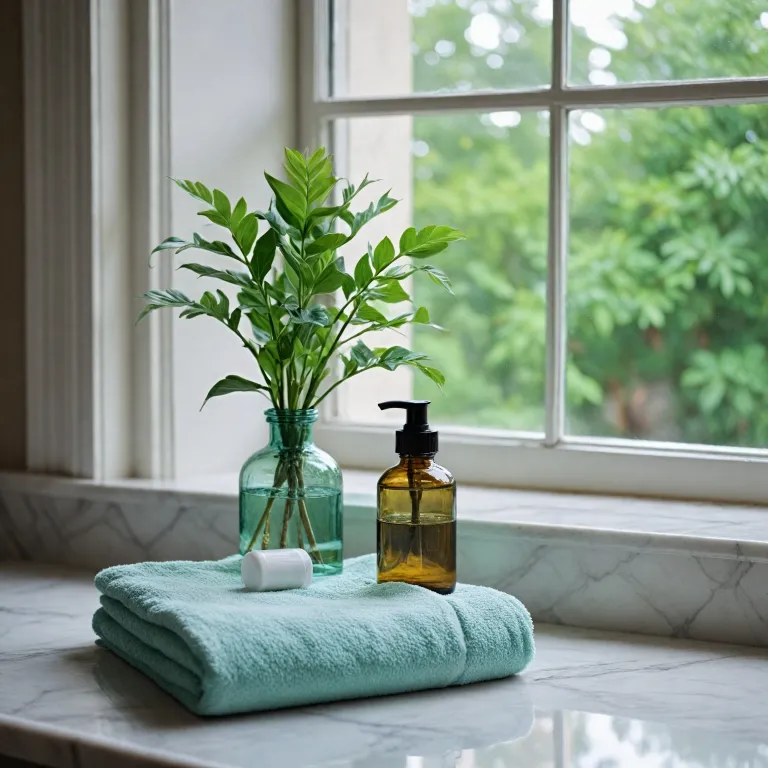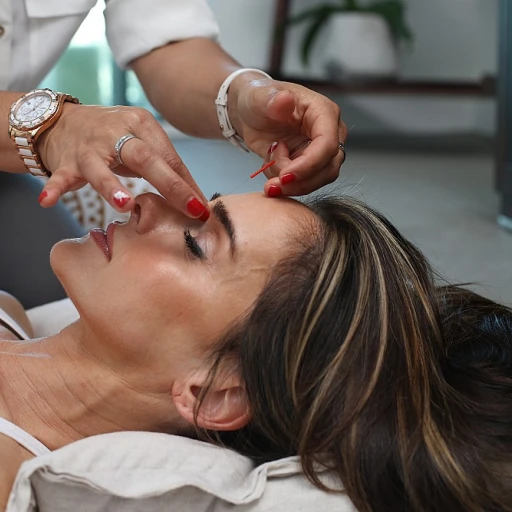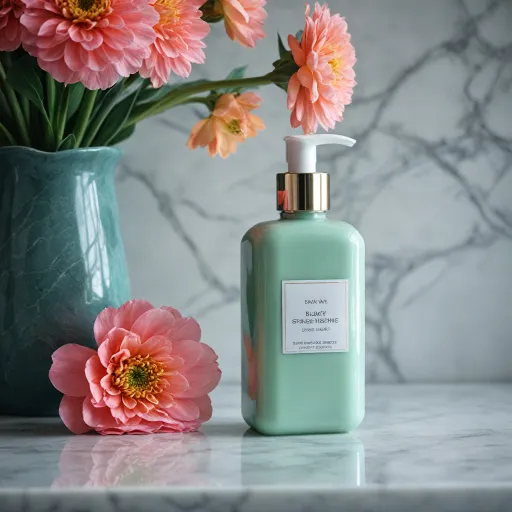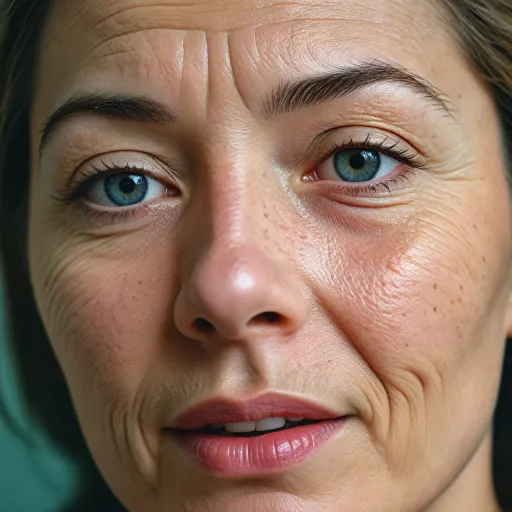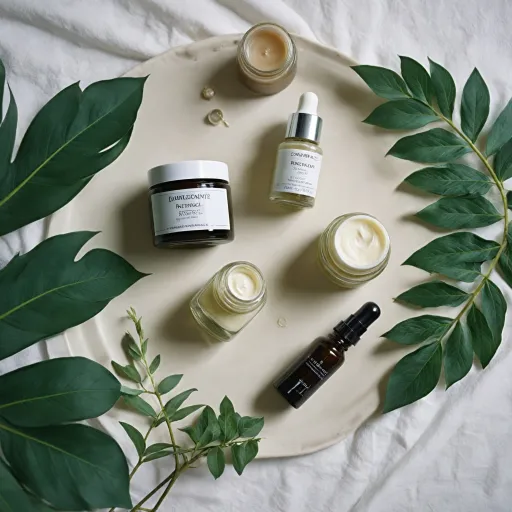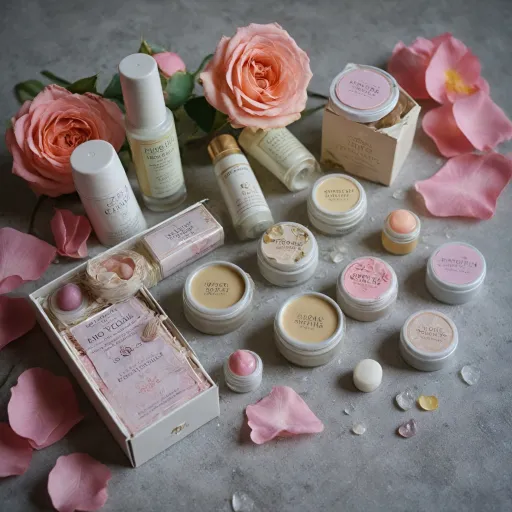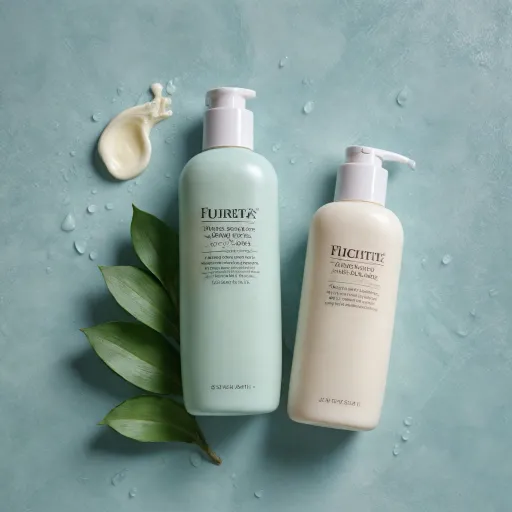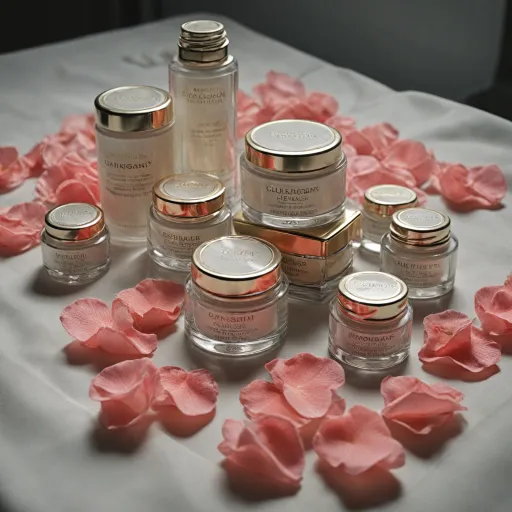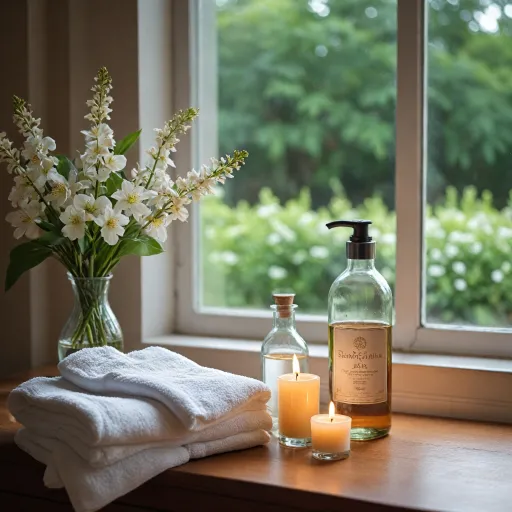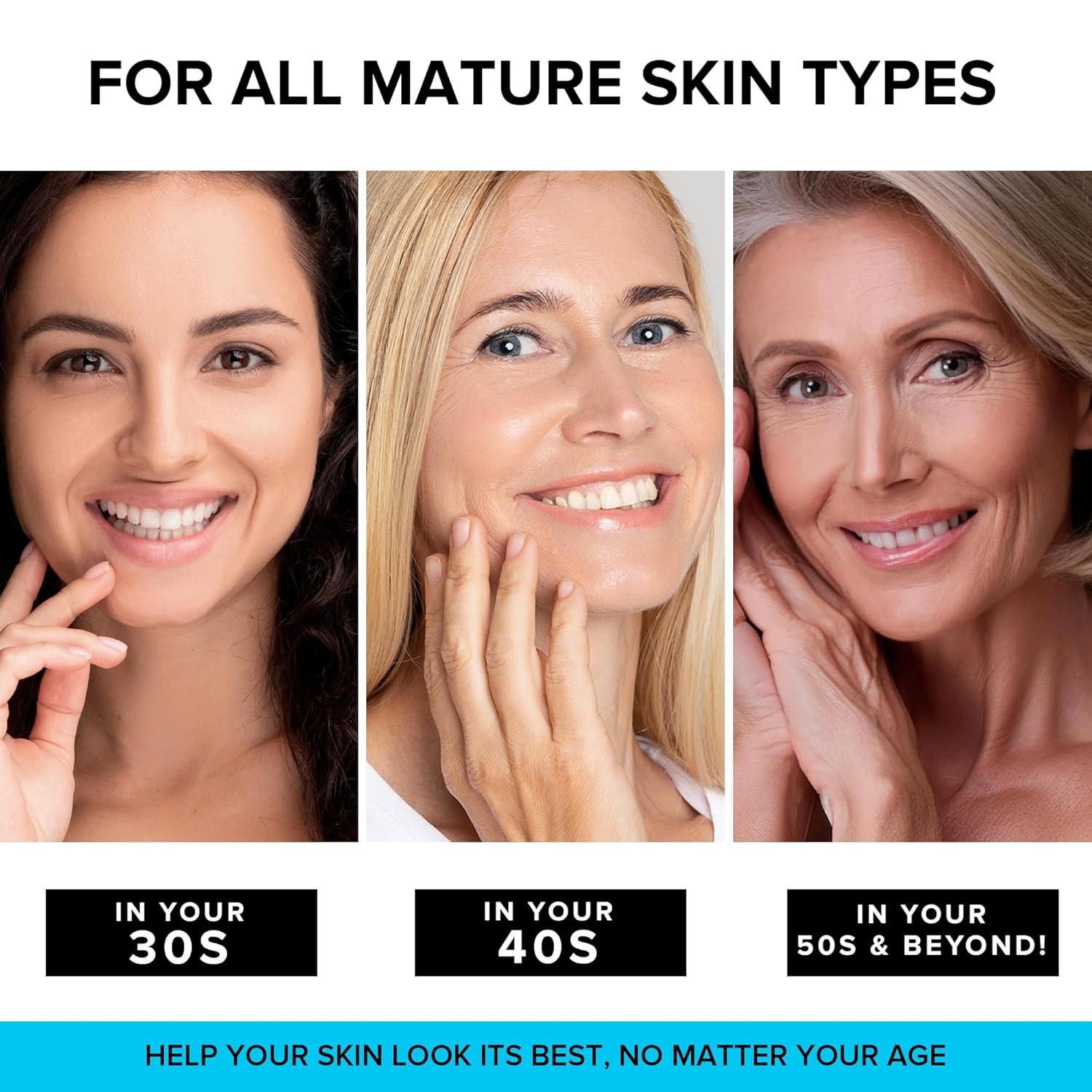-large-teaser.webp)
Understanding Retinol in Luxury Skincare
Decoding the Power of Retinol in High-end Beauty
Retinol holds a distinctive position in the realm of luxury skincare products, celebrated for its transformative ability to address skin concerns ranging from fine lines to uneven texture. Originating from vitamin A, retinol is a multi-faceted ingredient that accelerates skin cell turnover, revealing a renewed, even-toned complexion beneath. Yet, its potent effects often usher in a common concern—irritation. When integrating retinol into your nightly skincare routine, understanding its layered dynamics is pivotal. As a powerful ingredient, retinol should be introduced gradually, allowing the skin to adapt and minimize the risk of irritation. Applying retinol as part of your skincare routine leads to a fresher look over time, confronting the signs of aging with grace. When exploring best in-class retinol serums and creams, it's crucial to differentiate between the effects of retinol and its micronized forms, and how they resonate with diverse skin types. It's recommended to start with lower concentrations for sensitive or dry skin, then progressively building up usage as your skin acclimates. The application process is also vital. After cleansing your face in the evening, apply retinol serum to dry skin, ensuring an even layer. Wait a few moments before layering other products, such as a rich moisturizer, to enhance its absorbency and efficacy. Implementing a luxurious moisturizer after retinol helps counteract potential dryness, imbibing skin with hydration and comfort, while working synergistically with retinol's refining properties. To delve deeper into the best practices of combining these powerhouse ingredients, understanding the distinction between lotion and moisturizer effectively can elevate your skincare regime, ensuring each product is primed for potency. Understanding the distinction between lotion and moisturizer not only enhances your usage of retinol but brings clarity to choosing the fitting skincare pairings, achieving harmony and luxuriously nourished skin.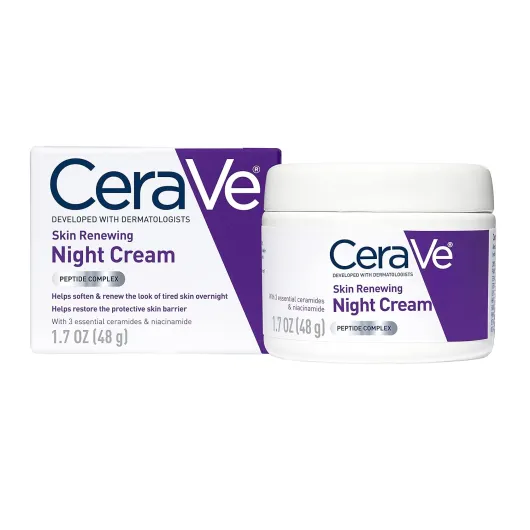
- + Hydrating with Hyaluronic Acid
- + Contains Niacinamide for improved skin texture
- + Includes Peptide Complex for firmness
- + Suitable for nighttime use
- + 1.7 Ounce convenient size

The Role of Moisturizer in Your Skincare Routine
The Importance of Moisturizing in Your Skincare Routine
In the realm of luxury skincare, the role of a moisturizer is indispensable. Whether you have dry skin or sensitive skin, a well-chosen moisturizer can be the cornerstone of your skincare routine, especially when using potent ingredients like retinol. Moisturizers help to lock in hydration, creating a protective barrier that keeps your skin supple and radiant.
When you apply retinol, it can sometimes lead to irritation or dryness. This is where a moisturizer steps in to soothe and nourish your skin. By layering moisturizer after retinol, you can mitigate potential side effects such as redness and peeling. This combination not only enhances the efficacy of your retinol serum or cream but also ensures that your skin remains balanced and comfortable.
For those who apply retinol at night, following up with a night cream can be particularly beneficial. Night creams are often richer and designed to work in harmony with your skin's natural repair processes. During the day, a lighter moisturizer with hyaluronic acid can provide hydration without feeling heavy, ensuring your skin stays fresh and dewy.
Incorporating a moisturizer into your routine is not just about preventing dryness. It also plays a crucial role in maintaining the skin's barrier function, which is essential for overall skin health. By choosing the best products tailored to your skin type, you can enjoy the full benefits of your retinol regimen without compromising on comfort.
For more insights on enhancing your skincare routine, explore the elegance of luxurious eye care and discover how to elevate your entire skincare experience.

- + Contains Retinol for anti-aging benefits
- + Includes Collagen for skin firmness
- + Contains Hyaluronic Acid for hydration
- + Suitable for both men and women
- + Can be used as a day and night cream

Combining Retinol and Moisturizer: A Harmonious Duo
Achieving Synergy with Retinol and Moisturizer
Understanding how to effectively incorporate retinol and moisturizer in your skincare routine can greatly enhance your results. Retinol is a potent ingredient known for reducing fine lines and improving the skin's texture. However, it can sometimes cause dryness and irritation, especially for those with sensitive skin. This is where a good moisturizer comes into play. When you apply retinol, it's recommended to follow up with a moisturizer. This dual-step approach helps to mitigate potential side effects such as dry skin and irritation by providing an additional protective layer that locks in hydration. More importantly, it helps maintain the integrity of the skin barrier, which can be compromised by strong products like retinol serum or cream. To maximize benefits:- Apply retinol products to cleansed skin first during your nightly routine.
- Follow with a moisturizer to nourish and protect the skin after retinol application.
- Consider using a retinol moisturizer, which combines the benefits of both in one product.
- Look for moisturizers containing soothing ingredients like hyaluronic acid that can complement the retinol treatment.
Choosing the Right Luxury Moisturizer
Choosing an Exquisite Moisturizer for Retinol Integration
When incorporating retinol into your luxury skincare, selecting the perfect moisturizer becomes pivotal. The right product not only soothes but also enhances the retinol's effects, creating a seamless, beautiful routine. In the realm of opulent skincare, understanding your skin's unique requirements will guide you in making an informed choice. Here's what you need to consider:- For Dry and Sensitive Skin: Opt for moisturizers rich in hydrating ingredients like hyaluronic acid. These ingredients effectively combat dryness or irritation that may occur after applying retinol. An ideal moisturizer envelops the skin in a nourishing layer, leaving it plump and soothed.
- For Oily and Combination Skin: Lightweight formulations such as gel creams or oil-free lotions may suit better. These won't overwhelm the skin but still provide essential hydration, ensuring retinol works its magic without clogging pores or exacerbating oiliness.
- Ingredients to Look For: Seek out moisturizers with calming agents like aloe vera and chamomile, which help reduce potential redness or irritation after retinol use. Also, antioxidants like vitamin E can enhance the skin's resilience against external aggressors.
- Consider Night versus Day: A day cream should ideally have SPF to protect the skin from UV exposure, while a night cream can focus on deep nourishment and repair. Integrating them harmoniously with your retinol serum amplifies its rejuvenating results.
Application Techniques for Optimal Results
Mastering the Art of Application
To achieve optimal results when incorporating both retinol and moisturizer in your skincare routine, precision in your application technique is key. This doesn't just minimize any potential side effects like irritation or dryness, but it also maximizes the benefits for your skin, helping you achieve a radiant and youthful appearance. Begin by applying retinol in the evening after cleansing your face. Retinol products, whether in cream or serum form, work best on clean skin as they can penetrate deeper without any barriers. Applying retinol at night allows it to perform its enchanting work as you sleep, avoiding potential sun-induced irritation during the day. Allow your retinol product, such as a retinol cream or serum, to absorb completely into the skin. This usually takes around 10 to 20 minutes. During this time, you can focus on other nightly rituals or simply relax. Once the retinol has absorbed, it's time to introduce your moisturizer. The best moisturizers, especially those formulated for luxury skincare, act as a nurturing layer, sealing in hydration and providing an additional buffer. This is particularly beneficial for those with sensitive or dry skin, as the moisturizer helps reduce the potential for irritation triggered by retinol use.Day to Night Skincare Transition
During the day, your routine may include lighter, hydrating products like those containing hyaluronic acid. However, at night, a luxurious night cream or thick moisturizer can offer the comfort and hydration your skin craves after retinol's potent activity.Tailor Your Approach
Every skincare routine is unique. While some might layer a separate serum and cream, others may prefer a moisturizing retinol serum or a retinol moisturizer that combines both worlds effortlessly. It's about finding what works best for your skin type and concerns, whether they're fine lines, dryness, or overall rejuvenation. By adhering to these application techniques, you elevate your skincare game, ensuring each product in your routine contributes harmoniously to a smoother, more radiant complexion. Remember, consistency is key—your skin will thank you for it.Addressing Common Concerns and Misconceptions
Addressing Common Concerns with Retinol and Moisturizer
When incorporating retinol into your skincare routine, it's natural to have questions about potential side effects and how best to layer products. Here, we address some common concerns to help you achieve optimal results.
Managing Irritation and Dryness
Retinol is renowned for its ability to reduce fine lines and improve skin texture, but it can also cause irritation, especially for those with sensitive skin. To mitigate this, ensure you apply a moisturizer after retinol. This not only helps soothe the skin but also locks in hydration, reducing the risk of dry skin.
Timing and Layering Products
Many wonder whether they should apply retinol before or after their moisturizer. The general recommendation is to apply retinol serum or cream first, allowing it to absorb fully into the skin. Follow this with a layer of moisturizer to seal in the benefits and provide a protective barrier. For those with particularly sensitive skin, applying a thin layer of moisturizer before retinol can help buffer the skin and minimize irritation.
Choosing the Best Moisturizer for Retinol Users
When selecting a moisturizer to use after retinol, look for products that contain soothing ingredients like hyaluronic acid. These can help maintain skin hydration and enhance the efficacy of your retinol treatment. Avoid moisturizers with active ingredients that might exacerbate irritation, such as strong acids.
Day vs. Night Application
Retinol is best applied at night due to its sensitivity to sunlight. After applying retinol, a night cream can provide additional nourishment and repair while you sleep. During the day, ensure you use a broad-spectrum sunscreen to protect your skin, as retinol can increase photosensitivity.
Understanding Side Effects
While retinol is a powerful ingredient, it's important to introduce it gradually into your routine to minimize side effects. Start by applying retinol every other night, and as your skin builds tolerance, you can increase the frequency. Always monitor your skin's response and adjust your routine accordingly.

